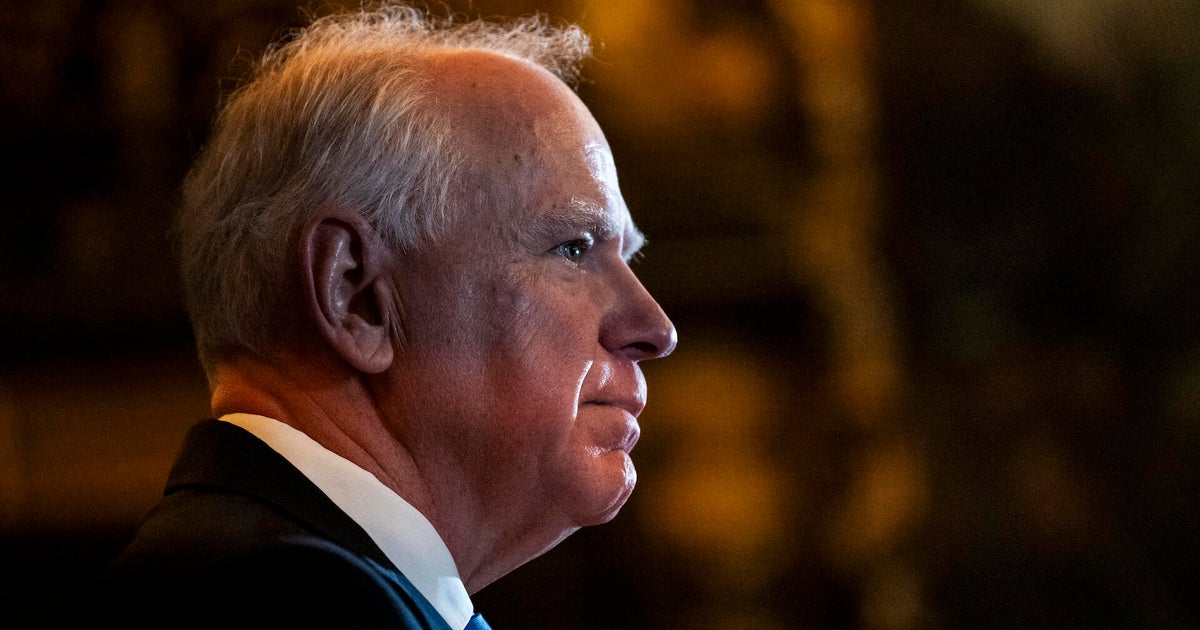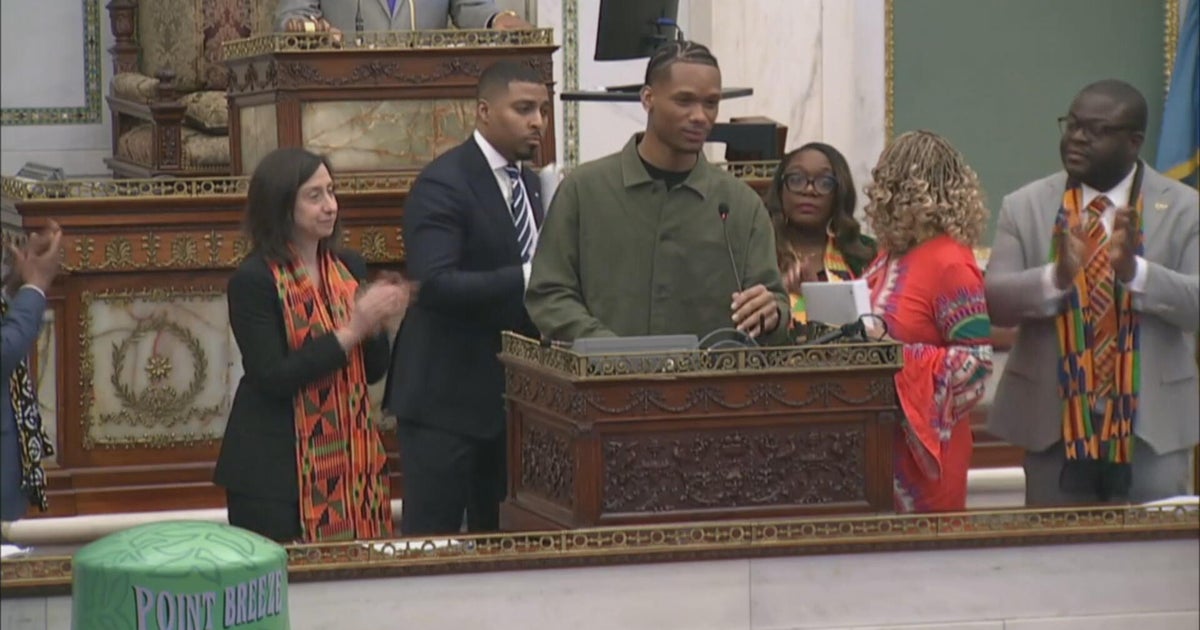Battle Brews In Minn. Over Health Care Exchanges
ST. PAUL, Minn. (AP) -- A battle is brewing over whether Minnesota can choose to design and run a pillar of the federal health care overhaul or must cede control to Washington.
Minnesota, like all states, will eventually have a health insurance exchange, an online marketplace where consumers and small businesses can compare and buy health plans.
Democratic Gov. Mark Dayton has secured millions of federal dollars to design a Minnesota exchange but it's not clear if he has the power to unilaterally create one. Minnesota Public Radio reported Monday that leading lawmakers from both parties say it probably needs approval from the GOP-controlled Legislature. Opposition to the health care overhaul, and the exchange idea, runs deep among many Republicans lawmakers but they face a dilemma: if they block a state-run exchange the federal government will step in and operate it.
While consumers and small businesses won't be able to use the exchanges until January 2014, they're so complicated and require so much planning to set up that states must show the federal government they can operate one by 2013.
Among the more vocal and influential opponents of the federal law is state Sen. David Hann, R-Eden Prairie, who chairs the Senate Health and Human Services committee. He maintains the law is unconstitutional and should be repealed. He doesn't like the exchange idea either.
"It's a governmental or bureaucratic arm defining what quality means, what prices are, what are the terms of the transactions to be made," Hann said. "So it's a huge interference into a marketplace that is unnecessary if you really want to get efficiencies."
But some on the Republican side, including the Minnesota Chamber of Commerce -- the state's largest business group -- say the state needs to take the lead. The chamber's vice president for government affairs, Tom Hesse, said the state has a good track record of enacting health reforms and is in a good position to develop an exchange.
"The idea of an exchange should be a good thing that everybody can support," Hesse said. "It provides great information to businesses and consumers on the quality and cost of health insurance products, and that could facilitate more individuals or small businesses providing either coverage or funds toward coverage -- and that's good."
Rep. Steve Gottwalt, R-St. Cloud, who chairs the House Health and Human Services Reform committee, authored legislation last session to create an exchange in Minnesota but the bill didn't get very far, even though his own party controls the Legislature.
"Many people still remain concerned that any exchange will be a path to a federal takeover of health care," Gottwalt said.
Some Republicans consider the prospect of an exchange run by Washington to be worse than the federal health care law itself. GOP-dominated Indiana, for example, is creating an exchange even though many lawmakers there want the health care law repealed.
"The nation will be best served by the repeal of this expensive and unworkable law, or by its judicial overturn," said Indiana Gov. Mitch Daniels. "But for now, there seems no alternative but to prepare for the possibility that Indiana will try to operate an exchange of some kind."
Around half the states have yet to pass legislation or take some formal action to authorize their own exchanges. Federal officials say those states will have only so long to do act.
"We can't wait until the last moment for a state to decide," U.S. Health and Human Service Secretary Kathleen Sebelius said. "So there'll be some benchmarks that Minnesota will decide to meet or decide to cede to us."
(© Copyright 2011 The Associated Press. All Rights Reserved. This material may not be published, broadcast, rewritten or redistributed.)







